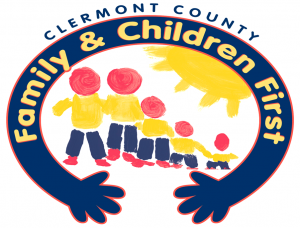On May 10th, we held our first annual Independence City. Youth were put into a simulated life activity where they encountered different obstacles and learned how to overcome them. Here are some obstacles the youth found:
- A few were given a criminal record and were not able to get an apartment until they jumped through some hoops.
- Some youth found that they needed a babysitter to watch their kid.
- Others found that they didn’t have as much money as they thought when it came time to get groceries.
We hope that everyone gained a little something from this experience and we hope everyone had a lot of fun, too. We are looking forward to holding it again next year.
The next event coming up is the family fishing event on June 27th from 6pm-9pm at the Mt. Carmel Social Club. Please bring your family and friends. Look for more info about the Cardboard Boat Regatta next month.

